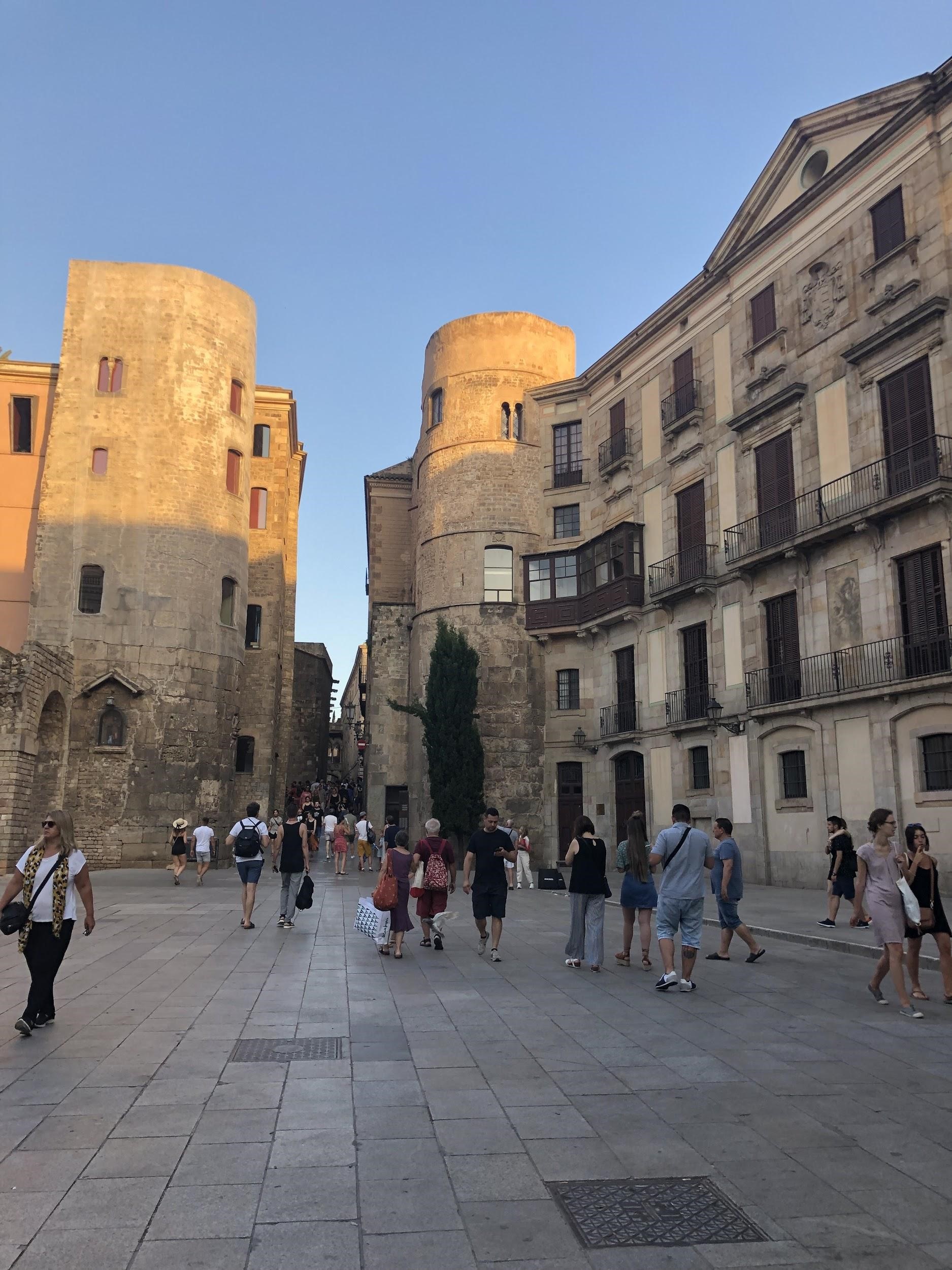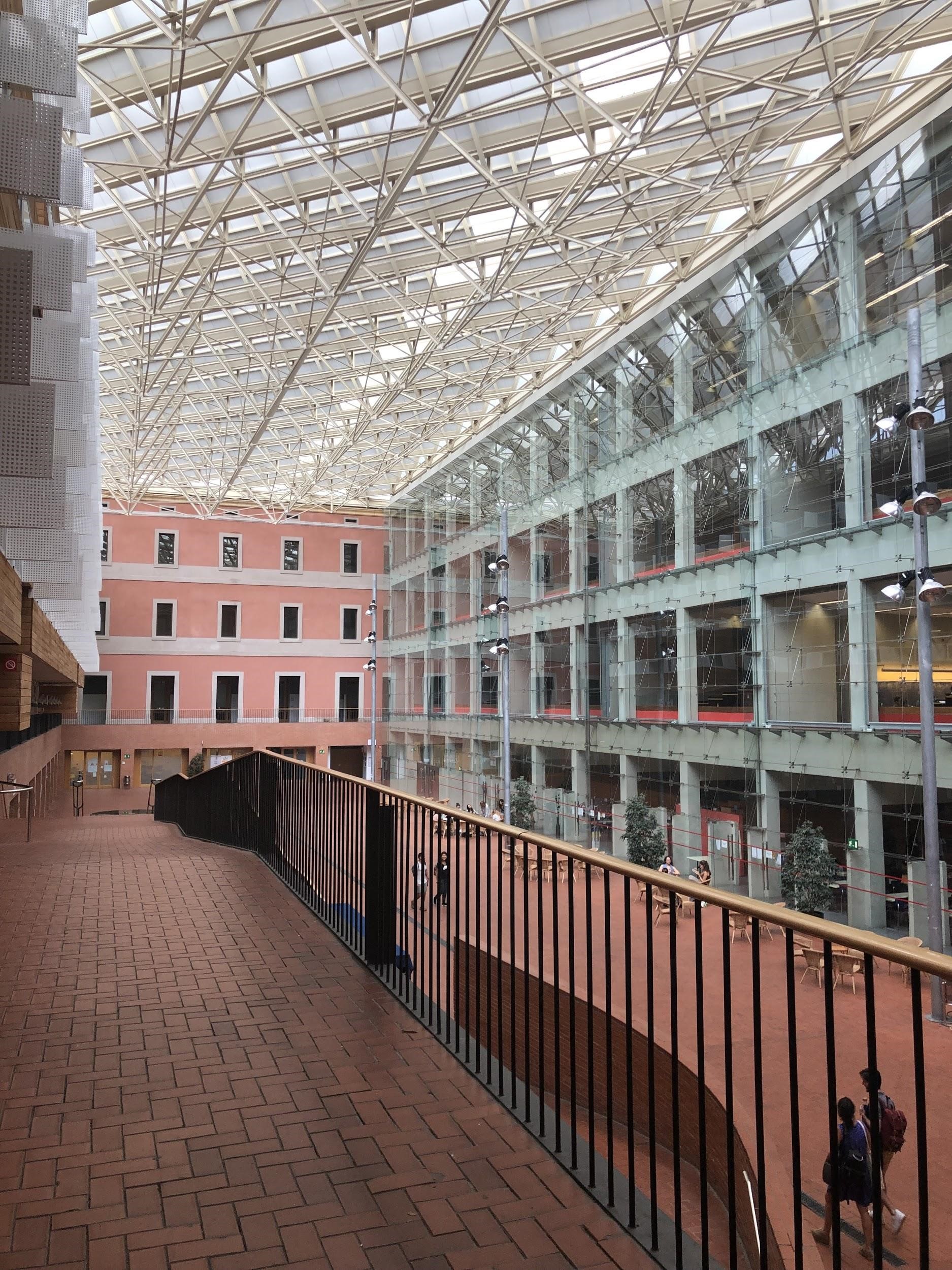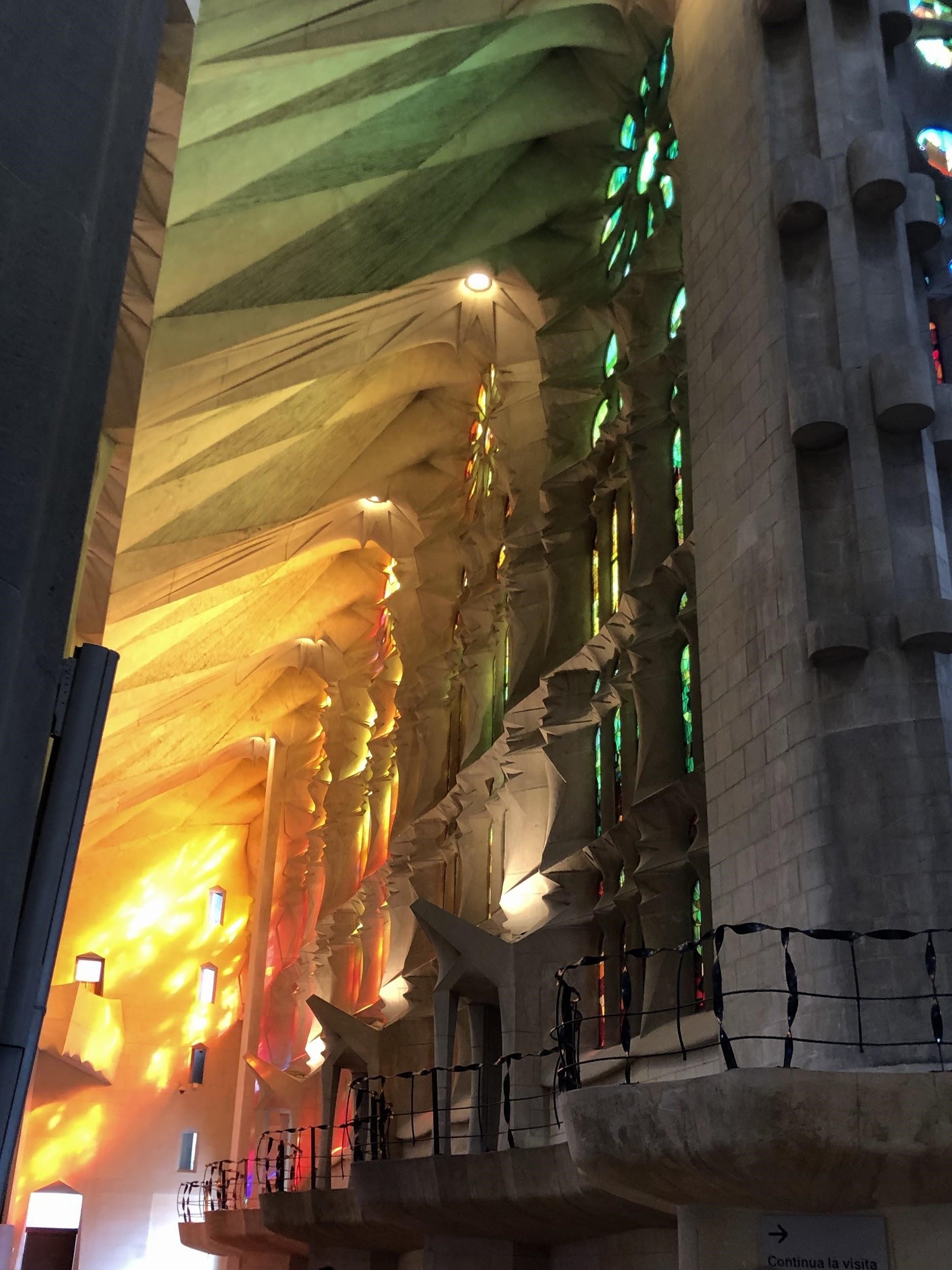When we build walls on our land, we also build them in our mind. These mental walls are much more difficult to dismantle.
Every week, we meet with a historian who guides us around different parts of Barcelona and tells us what had happened there. Every week, this historian tells us about a wall. In Barcelona, we talk a lot about walls, so much it became the focus of one of my papers. The talk is a different rhetoric from the one in the U.S., but the “us versus them” sentiment is still there.

In 300 CE, the Romans constructed a wall around Barcelona and set the precedent for the city’s long history with walls. As time passed, the walls were reconstructed and Catalonia’s sense of independence strengthened.
The story of Hadrian’s wall a couple thousand miles away is similar. This Roman wall doesn’t mark the modern-day border between Scotland and England, but fuels the ideology behind the Scottish independence movement. It wouldn’t be surprising then if some roots of the movement in Catalonia could be traced down to its Roman wall.
I don’t want to boil this complicated, painful independence movement down to the construction of a wall, but this parallel and my time in Barcelona have made me think about how walls change the way we see the world and can turn a shaky idea into solid reality.

Specifically, this project has made me think about the walls I’ve built for myself. As a first-generation college student, I’ve broken many walls that have kept students like me out. I was aware of that, but blind to the ones I’ve built for myself. My first year at Georgetown, I was suddenly surrounded by people with lives I had only witnessed on television, people who I thought had everything yet they regarded as nothing. It was painful and lonely at times to live in this difference. I started to build up walls in my mind and isolated myself from these people. It often came with hatred and I knew I would be a lot happier if I didn’t see this wall all the time.
Walls are powerful. In Barcelona, I’ve realized we don’t get to choose which side of the wall we were born on, but we do have an option to keep them up. I’m slowly dismantling the ones I’ve built.
In the future, before I start building any more walls, I need to ask myself what I’m protecting myself from? Because it’s often the fear of the unknown than anything else. I need to ask myself if I would like to live with the consequences of this wall. Often, I’m better without them!




